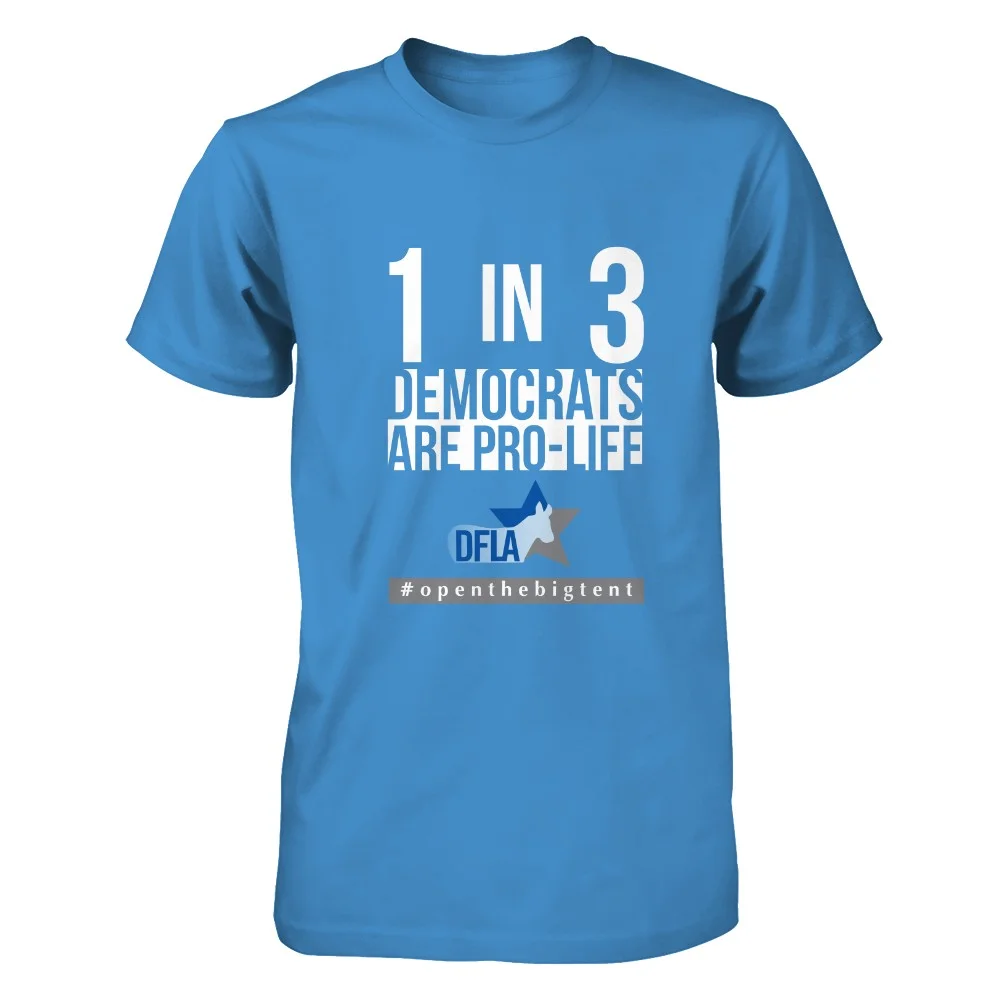On the subject of abortion rights, the 2016 Democratic Party platform language prepared for candidates was as firm as ever.
"Democrats are committed to protecting and advancing reproductive health, rights, and justice," it noted. "We believe unequivocally, like the majority of Americans, that every woman should have access to quality reproductive health care services, including safe and legal abortion -- regardless of where she lives, how much money she makes, or how she is insured."
Most of the party's candidates agreed on other implications of that statement, from legal third-trimester abortions, taxpayer funded abortions and gender-selection abortions, which usually means aborting unborn females.
Most Democratic candidates backed that platform -- but not all.
Thus, it stunned some Democrats, especially in heartland and Bible Belt states, when Democratic National Committee Chairman Tom Perez drew another bright line defining who participates in the work of his party.
"Every Democrat, like every American," he said, "should support a woman's right to make her own choices about her body and her health. This is not negotiable and should not change city by city or state by state." In fact, he added, "every candidate who runs as a Democrat" should affirm abortion rights.
Needless to say, these were fighting words for Kristen Day, executive director of Democrats for Life of America.
"I am glad this conversation is taking place," she said, in a telephone interview earlier this week. It would help if the party's chairman "sat down and talked with us, because we are obviously feeling left out.



